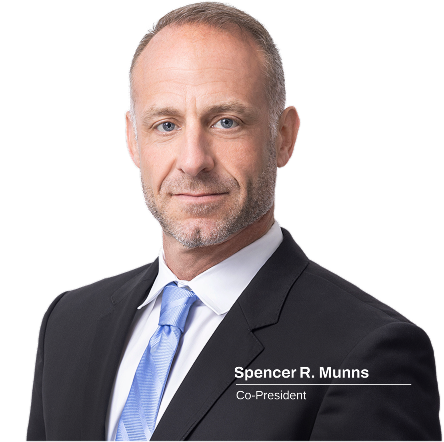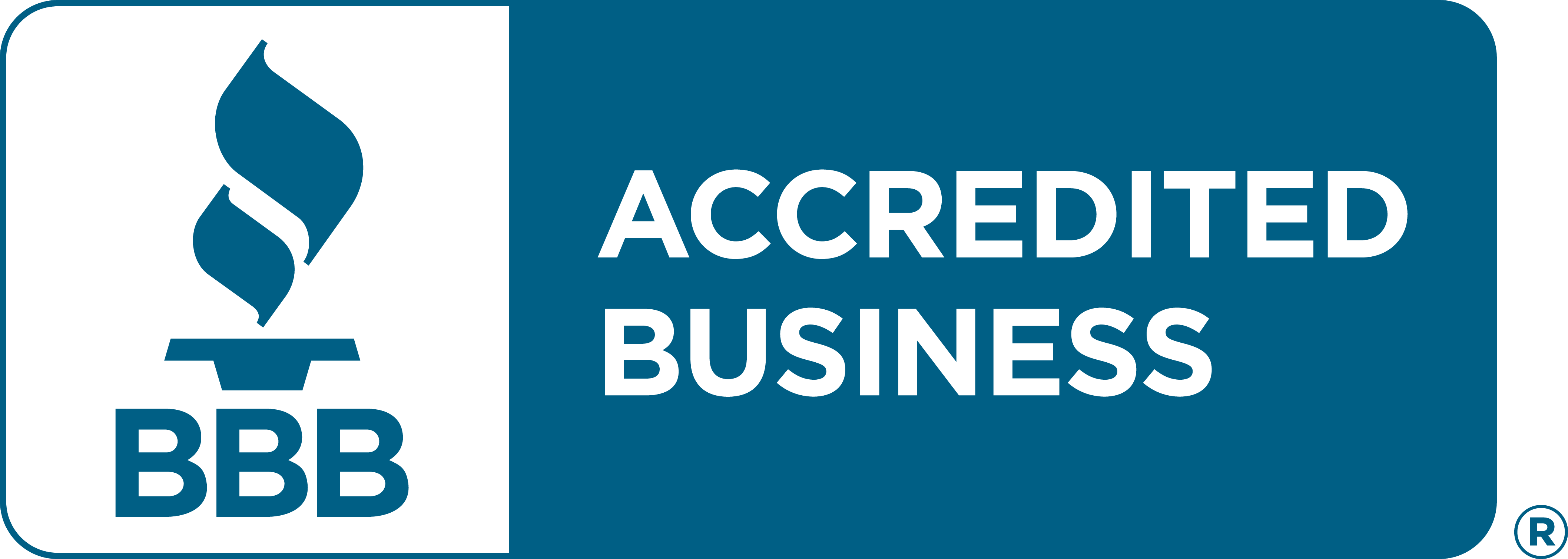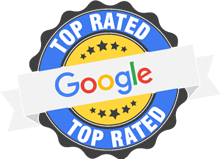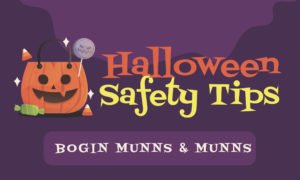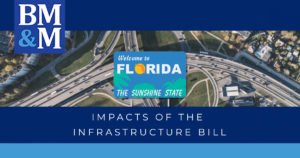
Floridians ‘hunkered down’ well for Hurricane Dorian, perhaps motivated by the media and local and state government warnings to prepare. From the popular news, it almost seemed prepared a bit too well – emptied grocery shelves and early gas lines being examples.
But forewarned is forearmed, 3 which dovetails perfectly with the overall proactive risk management focus of this series of articles.
The Atlantic hurricane season continues through November 30th, so ‘the fun’ may well not be over yet. To stay abreast of active and potential hurricanes visit the National Hurricane Center. With some frequency.
It happens to be that September is National Preparedness Month. As described by the Federal Emergency Management Agency (aka FEMA),
National Preparedness Month, is recognized each September to promote family and community disaster and emergency planning now and throughout the year. The 2019 theme is “Prepared, Not Scared.”
The National Preparedness Month website is, to say the least, content-rich regarding programs, measures, and tips individuals (including young people), families, and communities can plan for and implement now.
Preparedness applies to Florida’s business, every bit the same. (See footnote 3 below for a number of related articles.) Towards that end, the U.S. Occupational Safety and Health Administration (OSHA) maintains a webpage entitled “Emergency Preparedness and Response” which is also replete with resources for businesses in various industries. 4
The Atlantic hurricane season continues through November 30th, so ‘the fun’ may well not be over yet.
Preparedness – a definitive proactive risk management tool – is something to address well before potential damage and loss can occur. Yes, it certainly is difficult to predict the future, but no one starts empty-handed – all people, communities, businesses, and governments have an always expanding and evolving ‘learning curve’. And with only the resources described in this article (all no-charge by the way) the knowledge base can be rapidly expanded in a beneficial manner.
Take time now to learn about relevant preparedness measures. And, perhaps more importantly, put them into place, review them periodically (actually on a pre-scheduled basis), and update them as becomes appropriate over time.
1 Full disclosure: This writer is a Hurricane Andrew ‘survivor’; our house in Miami was rendered uninhabitable by that storm in its ‘day-after’ condition.
2 See also /hurricane-barry-avoided-florida/ regarding Hurricane Barry (2019).
3 For Latin language lovers, “Praemonitus, Praemunitus”. https://www.dictionary.com/browse/forewarned-is-forearmed. For more information, see /engage-risk-management/, /reactive-risk-management/, and /contracts-around-risk-management-concepts/.
4 While visiting OSHA’s website, please consider registering for its free “Quick Takes” e-newsletter. This writer has done so.
– For more information, call our attorneys of the Gainesville, FL office of Bogin, Munns & Munns at 352.332.7688, where he practices in the areas of business, banking, real estate, and equine law. He has taught business and real estate law courses at the University of Florida Levin College of Law and Warrington College of Business Administration. And is now the President-Elect of the Eighth Judicial Circuit Bar Association.
NOTICE: The article above is not intended to serve as legal advice, and you should not rely on it as such. It is offered only as general information. You should consult with a duly licensed attorney regarding your Florida legal matter, as every situation is unique. Please know that merely reading this article, subscribing to this blog, or otherwise contacting Bogin, Munns & Munns does not establish an attorney-client relationship with our firm. Should you seek legal representation from Bogin, Munns & Munns, any such representation must first be agreed to by the firm and confirmed in a written agreement.

